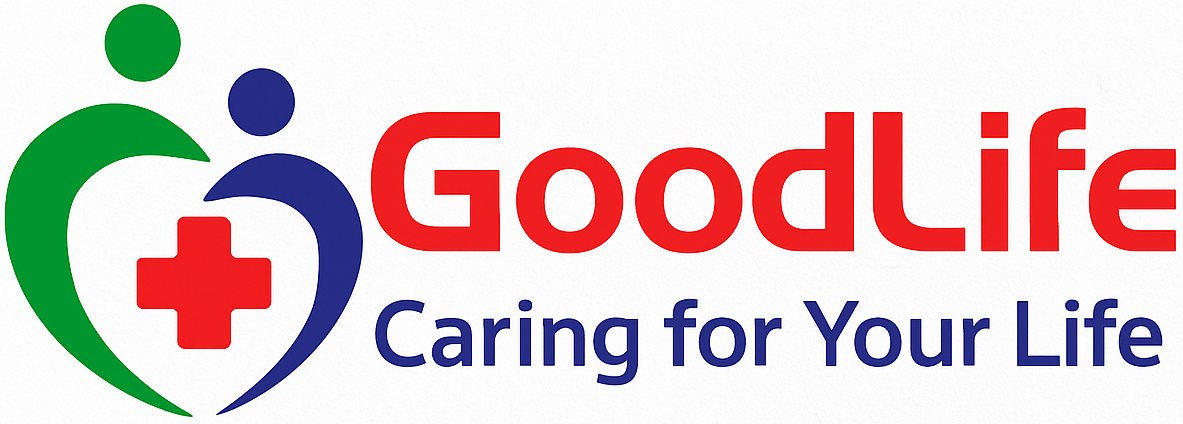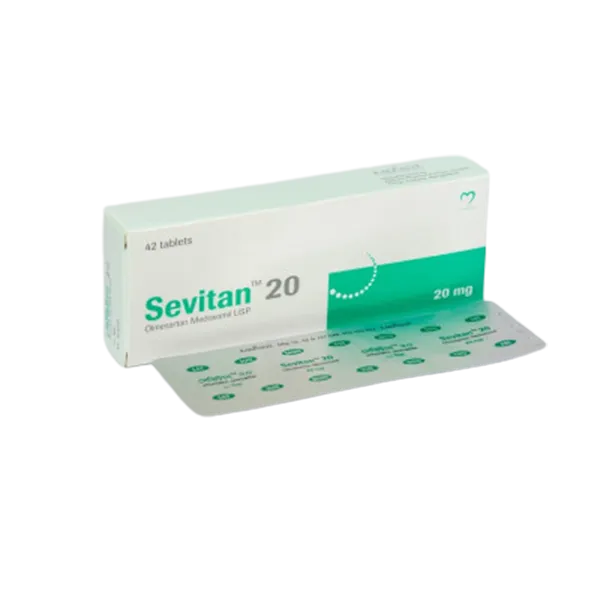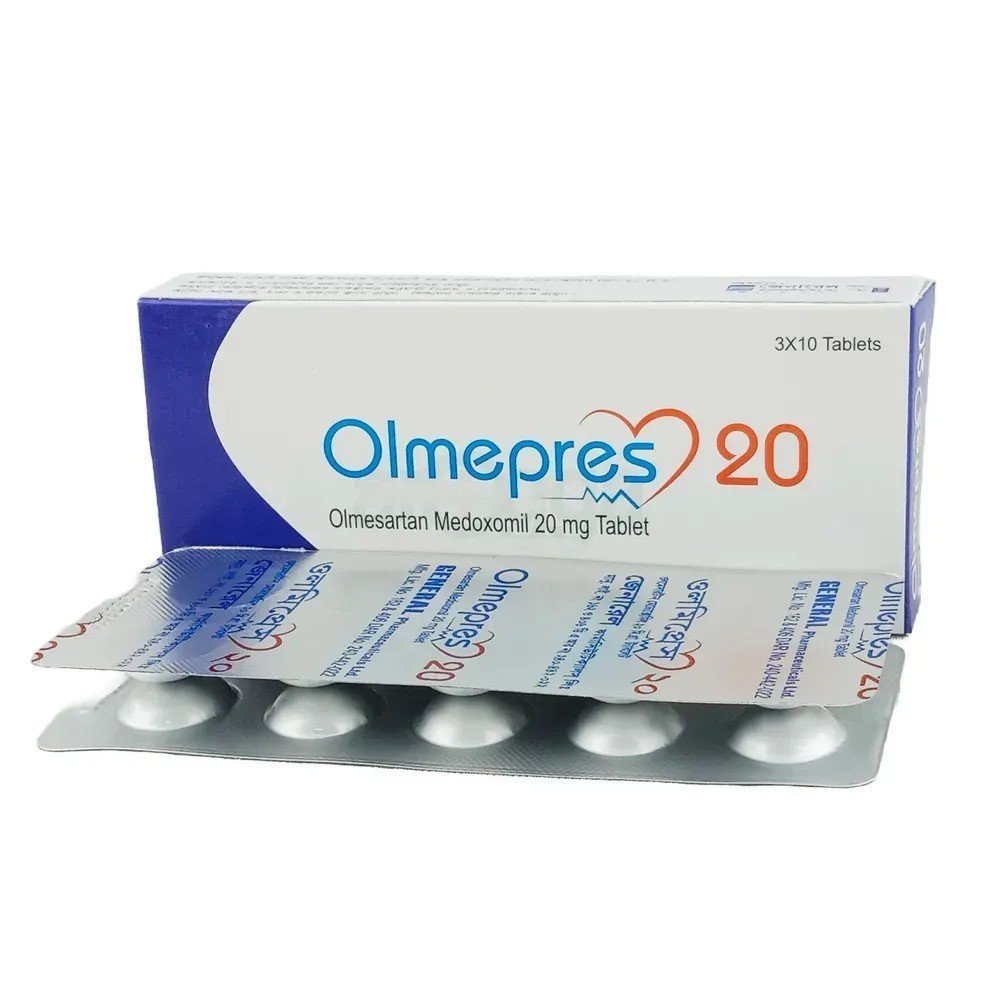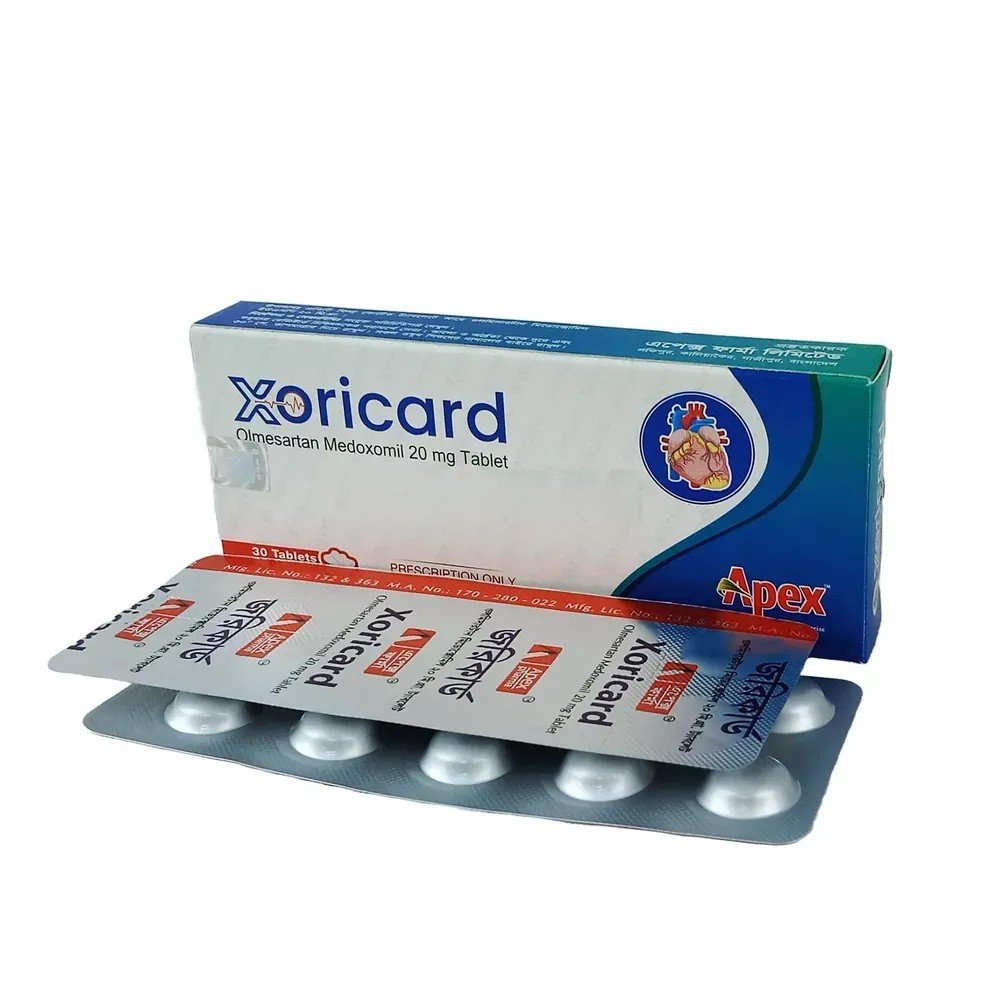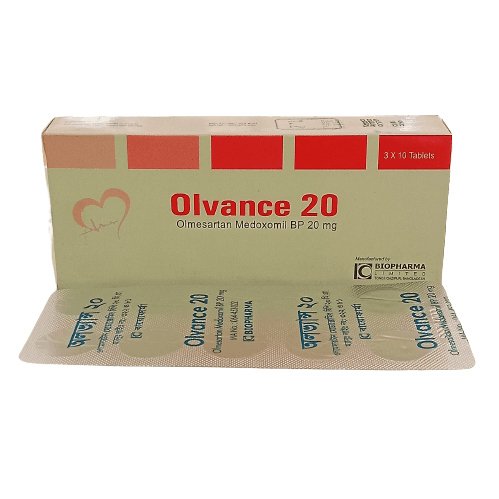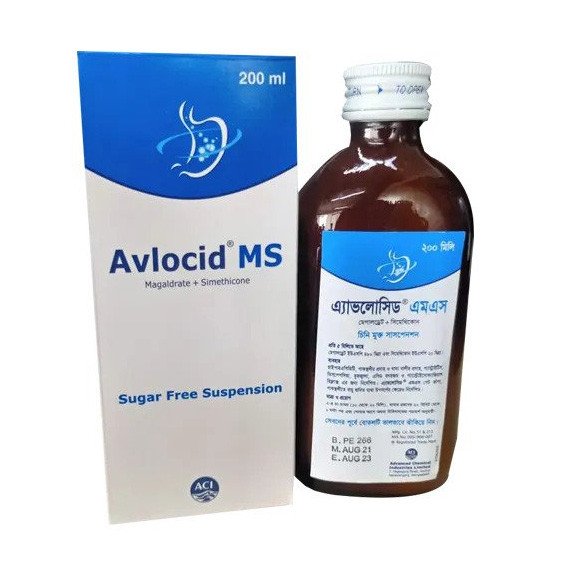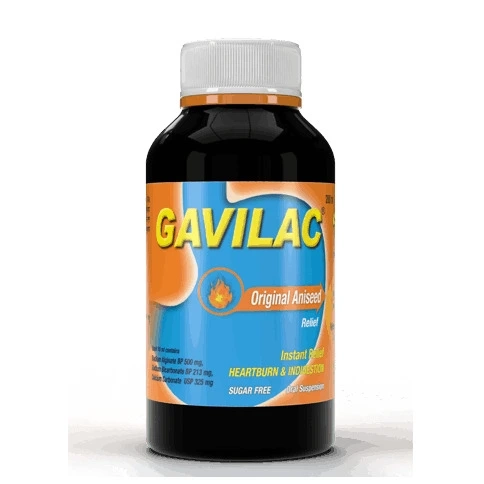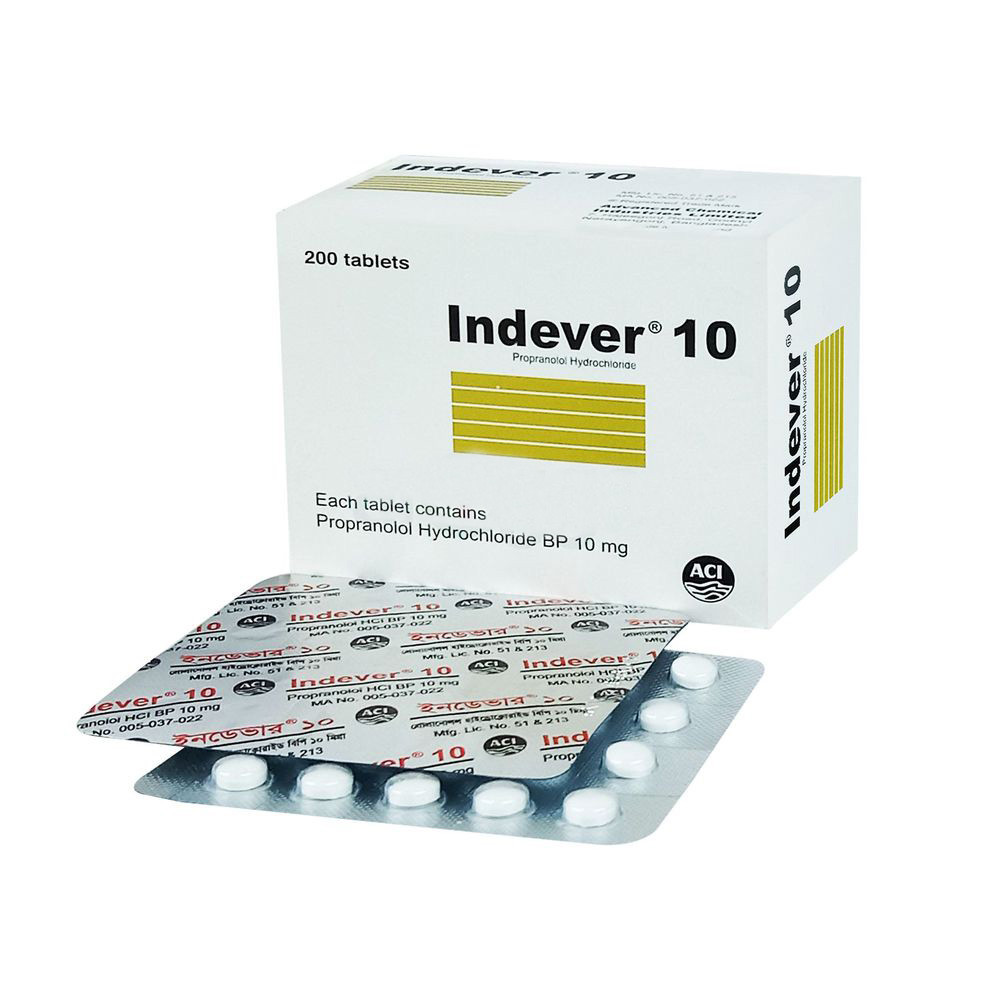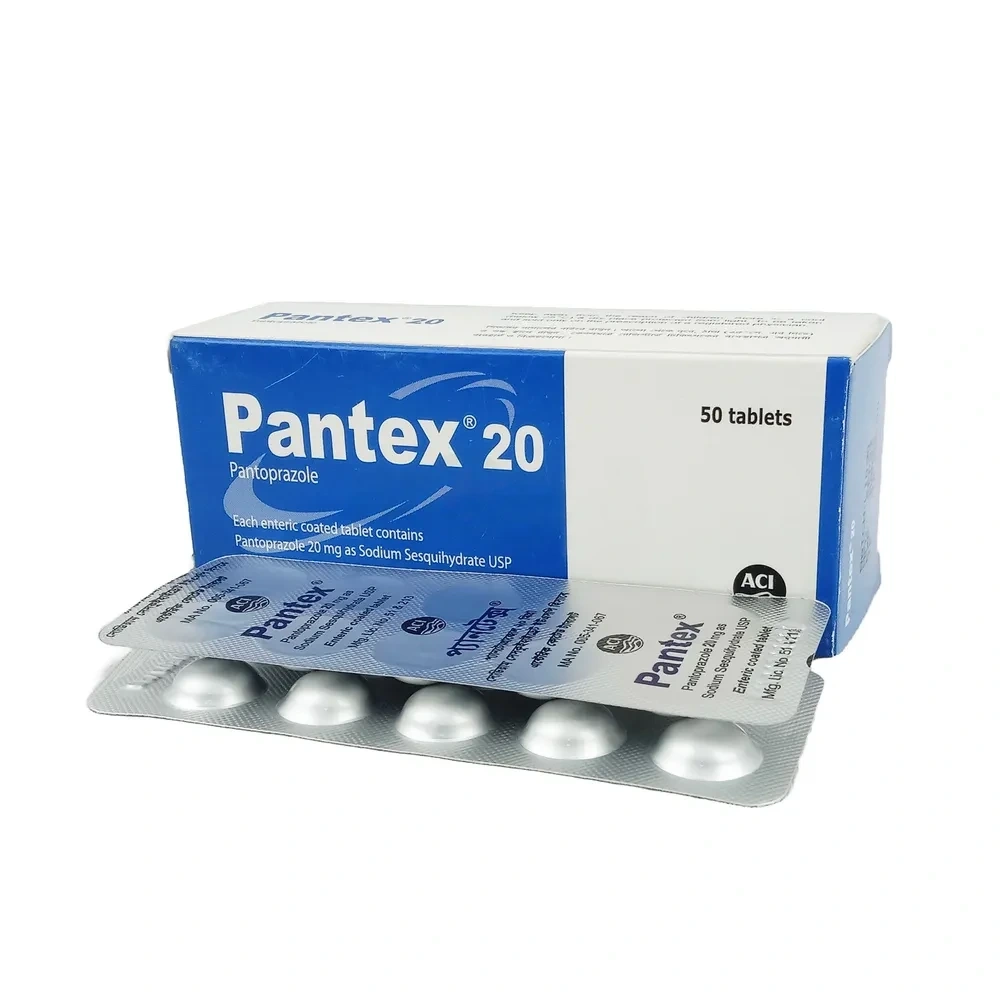Medicine Overview of Abetis 20mg Tablet
Abetis 20 is a medicine used to treat high blood pressure and heart failure. Lowering blood pressure helps to prevent future heart attack and stroke. This medicine is also effective in preserving kidney function in patients with diabetes.
Abetis 20 can be prescribed either alone or in combination with other medicines. It may be taken with or without food during the day or at night. However, try to take it at the same time each day to get the maximum benefit. It is important to continue taking it regularly even if you feel well or if your blood pressure is controlled. Most people with high blood pressure do not feel ill, but if you stop taking this medicine, your condition could get worse. This is a widely used medicine and is considered safe for long-term use.
Making some changes in your lifestyle will also help lower your blood pressure. These may include regular exercise, losing weight, smoking cessation, reducing alcohol intake, and reducing the amount of salt in your diet as advised by your doctor. This medicine is tolerated well by most patients and has few side effects. Dizziness, particularly after the first dose, is known to occur in some people. This may be associated with headache. Let your doctor know if these side effects bother you or do not go away. No weight gain has been seen with the regular use of this medicine.
Before taking this medicine, let your doctor know if you have any kidney or liver problems. Pregnant or breastfeeding mothers should not take this medicine. Your doctor may check your kidney function, blood pressure and potassium levels in your blood at regular intervals while you are taking this medicine.
Show less
- Hypertension (high blood pressure)
- Heart failure
- Prevention of heart attack and stroke
- Cough
- Diarrhea
- Dizziness
- Flu-like symptoms
- Headache
- Indigestion
- Nausea
- Runny nose
- Sore throat
- Stomach pain
-
Take it at the same time every day to help you remember to take it.
-
It can make you feel dizzy for the first few days. Rise slowly if you have been sitting or lying down for a long time.
-
Your doctor may get regular tests done to monitor the level of urea, creatinine, and potassium in your blood.
-
Avoid taking anti-inflammatory medicines such as ibuprofen along with this medicine without consulting your doctor.
-
It may increase the level of potassium in the blood. Avoid taking potassium supplements and potassium-rich foods such as banana fruit juice, coconut water, and broccoli.
-
Do not take Abetis 20 if you are pregnant or breastfeeding.
-
Do not stop taking it suddenly without talking to your doctor.
Oral
Hypertension
Adult: Initial: 10-20 mg once daily may then be increased up to max 40 mg once daily if needed.
Elderly: No dosage adjustment needed.
Hepatic impairment: Moderate: Initial: 10 mg once daily may increase up to max 20 mg once daily.
Show less
Oral
Hypertension
Child: 6-16 yr <35 kg: 10 mg once daily; dosage range: 10-20 mg/day
>35 kg: 20 mg once daily. Doses may be doubled once if necessary after 2 wk. dosage range: 20-40 mg/day
Show less
Drugs that act on renin-angiotensin system can cause fetal injury and death when used in 2nd and 3rd trimesters of pregnancy. Olmesartan medoxomil should be discontinued as soon as possible once pregnancy is detected. Symptomatic hypotension may occur in patients who are volume- and/or salt-depleted. May be associated with oliguria, progressive azotaemia, and acute renal failure (rare). Patients with bilateral or unilateral renal artery stenosis may have increased risk of severe hypotension and renal insufficiency. Caution in renal impairment; monitor serum creatinine and potassium levels periodically. Avoid use in severe renal impairment (CrCl< 20 mL/min) and severe hepatic impairment. Caution in patients with aortic or mitral valve stenosis, obstructive hypertrophic cardiomyopathy. Patients with primary aldosteronism may not respond to angiotensin receptor antagonist. Not recommended in lactation.
Lactation: No human data; use with caution
Show less
1-10%
Dizziness,Headache,Fatigue,Diarrhea,Hyperglycemia,Hypertriglyceridemia,Back pain,Bronchitis,Inflicted injury,Flulike symptoms,Pharyngitis,Rhinitis,Sinusitis,Upper respiratory tract infection (URTI)
Frequency Not Defined (selected)
Anaphylactic reaction,Angioedema,Facial edema,Rhabdomyolysis,Hyperkalemia,Tachycardia,Hypercholesterolemia,Gastroenteritis,Hyperlipidemia
Potentially Fatal: Acute renal failure.
Show less
